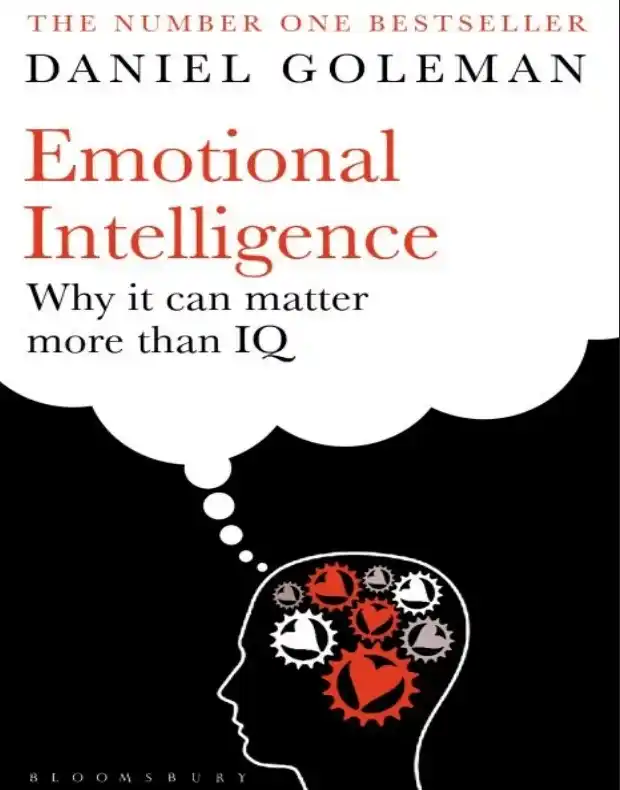
IQ gets you hired, but EQ gets you promoted. In Emotional Intelligence , Daniel Goleman reveals how understanding and managing emotions—your own and others’—can determine success in life, work, and relationships. With insights from psychology and neuroscience, this groundbreaking book shows that true intelligence includes heart, empathy, and emotional mastery.
Audio Note Option Comming Soon...
In Emotional Intelligence: Why It Can Matter More Than IQ , psychologist and science journalist Daniel Goleman presents a groundbreaking argument: that traditional measures of intelligence (IQ) are not the best predictors of success in life. Instead, he introduces emotional intelligence (EQ) —a set of emotional and social skills that influence how we manage behavior, navigate social complexities, and make personal decisions.
Goleman defines emotional intelligence as being composed of five core elements:
Drawing from neuroscience, psychology, and real-world examples, Goleman shows how EQ plays a critical role in every aspect of life—personal relationships, parenting, education, business leadership, and even health. He argues that people with high emotional intelligence often outperform those with higher IQs because they can handle stress, communicate effectively, empathize deeply, and lead with authenticity.
One of the most powerful ideas in the book is that emotional intelligence can be developed , unlike IQ, which remains relatively fixed. This makes EQ a more flexible and valuable skill for personal growth, parenting, and organizational development.
Goleman also discusses how emotional illiteracy leads to problems such as violence, addiction, depression, and poor workplace performance. He emphasizes the need for schools to teach emotional skills alongside academic subjects to build better-adjusted, more compassionate individuals.
Throughout the book, Goleman explores how EQ affects leadership, decision-making, and team dynamics in the corporate world. He explains why leaders who inspire, listen, and connect emotionally are more effective than those who rely solely on authority or intellect.
This book was revolutionary when it was published in 1995 and has since become a classic in the fields of psychology, leadership, and personal development. It changed the way organizations view soft skills and helped place empathy, self-awareness, and emotional regulation at the center of success.
Whether you’re a leader, educator, parent, or simply someone looking to improve your interpersonal skills, Emotional Intelligence offers profound insights into understanding yourself and others—and using that knowledge to live a more successful and fulfilling life.